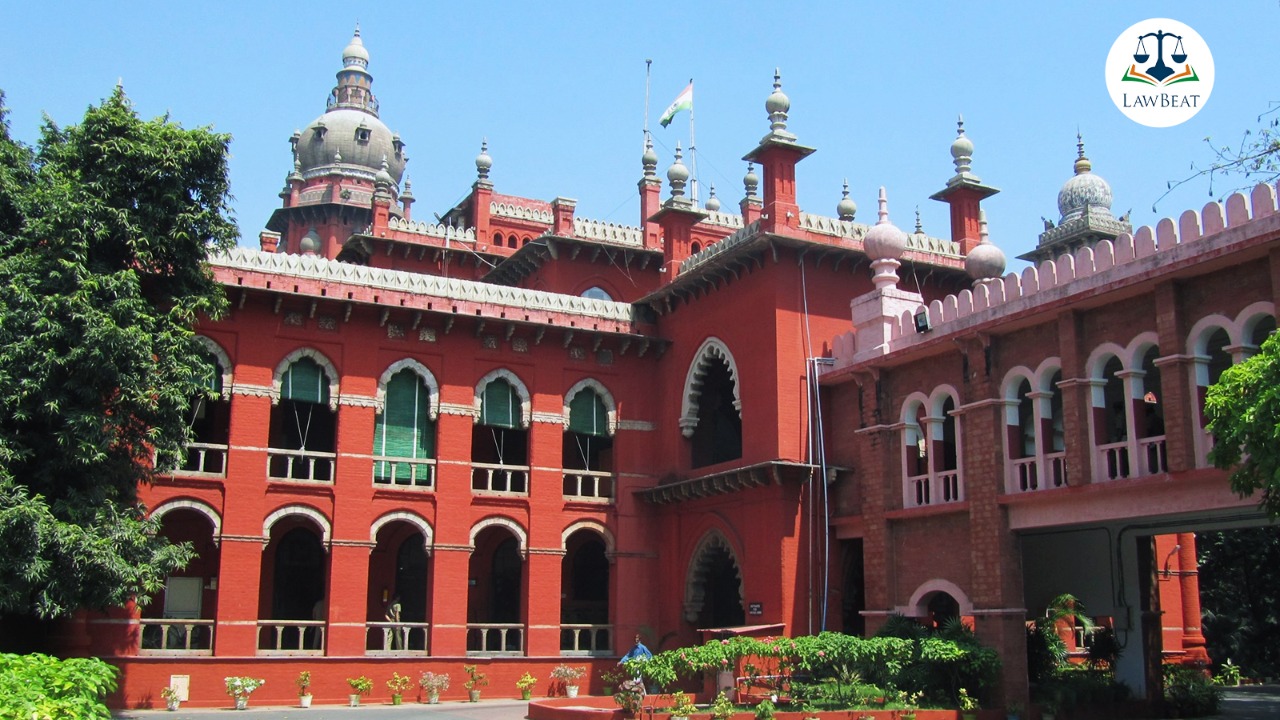Administrative order passed by High Court is subject to Judicial scrutiny; not vice-versa: Madras HC

Court refused to entertain a plea by high court Registrar General seeking leave to review an order passed by the high court on judicial side while observing that it would amount to undermining the Judicial fiber whose touchstone is its fierce independence and to discharge its duty without any kind of fear or favour.
The Madras High Court recently refused to entertain a petition filed by the high court Registrar General seeking leave to review an order passed by the high court on its judicial side.
The bench of Justice PT Asha dismissed the review application filed under Order 47 Rule 1 read with Section 114 of the CPC while observing that the high court administration has no power to seek review of any orders passed on the judicial side.
"An administrative order passed by the High Court is subject to Judicial scrutiny and not vice-versa," the judge held.
Justice Asha noted that she was faced with a rather strange conundrum of the High Court on its Administrative side seeking leave to review an order passed by it on its judicial side, particularly when the High Court is not even a party to the proceedings leave alone an aggrieved party. "Is this Court, therefore, confronting a two faced JANUS?" the judge said.
Justice Asha further noted that the judgment sought to be reviewed had been passed by herself on May 5 last year in which while issuing certain guidelines to regulate the exemption of court fees under the MV Act she had directed the Tamil Nadu (TN) government to effect necessary amendments to the TN Motor Vehicles Accident Claims Tribunals Rules with regard to payment of court fees.
Among other things these guidelines mandated that claimants seeking such exemption must submit an affidavit saying they do not possess the wherewithal to pay the court fee despite having a salaried income. This affidavit must be sworn before the Notary, the high court had held.
Moreover, as per the procedure, Justice Asha had sent the judgment to the office of the then acting Chief Justice of the high court for it to be circulated to all tribunals. The then acting CJ, however, had sent it to the administrative committee of the high court to check if the judgment needed to be reviewed. The present review application was filed thereafter.
"...the petitioner before this Court viz; the High Court has not stated how it is aggrieved by the guidelines that have been issued," Justice Asha stressed.
"These guidelines have been issued only to standardize the manner in which a Tribunal which is exercising judicial authority, exercises its discretion judiciously and to make it public that this exercise has not been done capriciously," Justice Asha said.
She added, "Therefore, the guidelines passed by this Court asking a claimant to file an affidavit is only to state that despite he being an earning member he does not have the wherewithal to pay a court fee. This is in the interest of the claimant who will not be forced to prove his indigent circumstances. This by no stretch of imagination can be called prejudicial to the interest of the claimant. Further, the direction asking for the affidavit to be sworn before a notary public is only to ensure its authenticity. Therefore, the need to review these guidelines that too by the Court which is not the aggrieved party does not arise..."
In view of the above discussion, Justice Asha dismissed the present petition.
Case Title: The High Court of Judicature at Madras, rep. By its Registrar General v. Thirumalai and Others
